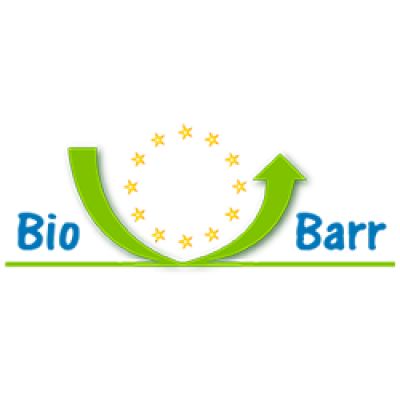
BioBarr
New bio-based food packaging materials with enhanced barrier properties – BioBarrier

New bio-based food packaging materials with enhanced barrier properties – BioBarrier
BioBarr will develop new bio-based and biodegradable food packaging materials by improving the barrier function of the biopolymer PHAs (polyhydroxyalkanoates). These have the potential to replace conventional polymers, possessing similar properties with higher biodegradability and better functional properties and mechanical strength
Currently, using PHAs for food packaging has some limitations, particularly in transmitting oxygen and water. This makes them less than ideal for dry products as bakeries, where loss of crispiness and oxidation of fats can be a problem. BioBarr aims to overcome this by improving vapour and gas barrier properties through material functionalisation. This involves compounding biodegradable materials in multi-layer structures specific for the food product category to be packed. It will also look at surface treatments as a further step.
The BioBarr project should create a new bio-based value chain, from bio-plastic producer to food industry end-user.
The main objectives of the BioBarr project are:
The BioBarr project seeks to deliver the following impacts
In addition, it will seek to create new markets for new applications of biodegradable materials.